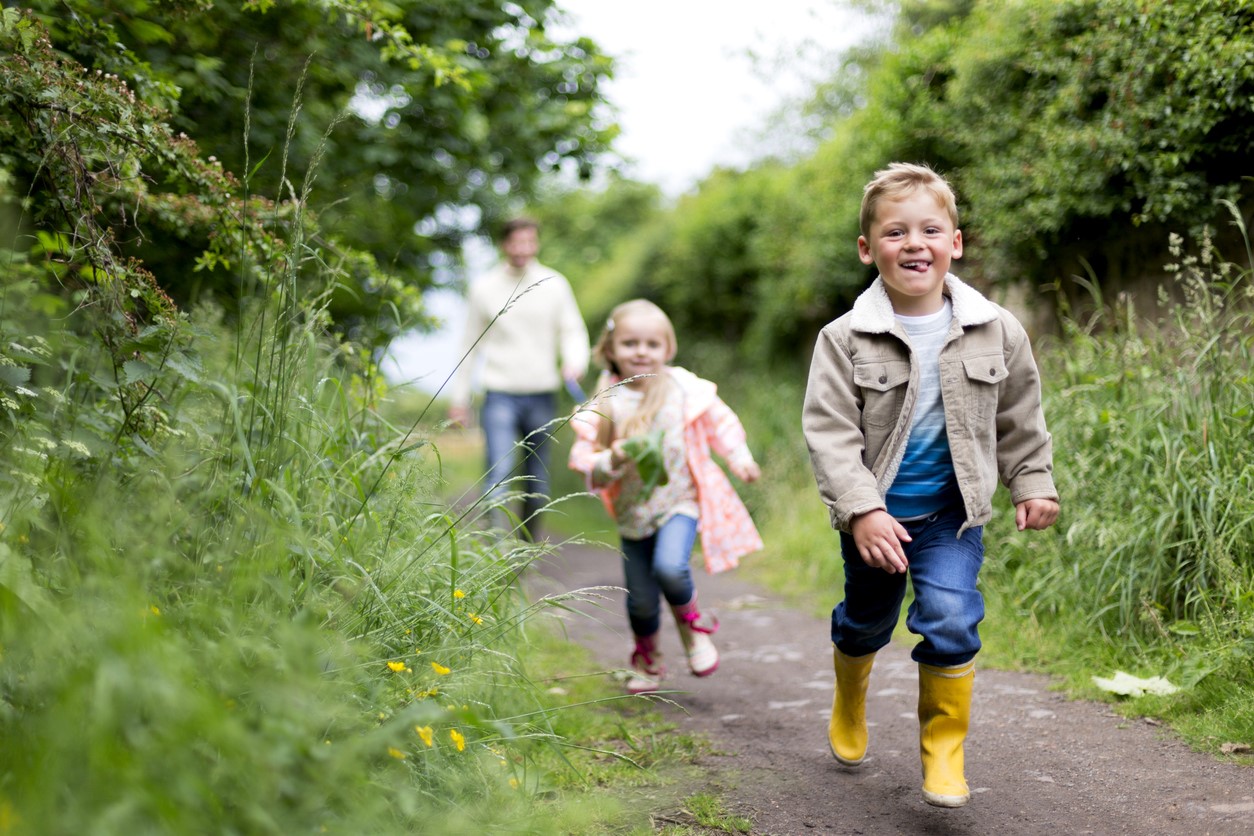The gas and electricity bill for a typical UK household will rise to £3,549 a year from 1st October this year. With an 80% hike on the energy price cap, what we took for granted once may never be the same again. We use energy for everything, from cooking to washing up. It is fundamental to our modern existence, and being able to afford it is paramount to a normal life. Building homes to fit that need and affordability is key to comfortable housing. It’s time to get serious about how new build homes reduce energy costs. Building more sustainable and energy-efficient homes will keep us afloat when the struggles of resource scarcity, climate change, and economic crisis become very real.
What exactly is energy efficiency?
Simply put, energy efficiency means using a lesser amount of energy to get the same job done, which also reduces energy bills and limits pollution. Homes use up more energy than required and waste energy through fittings, appliances, and the fabric of the building. Energy efficiency reduces energy waste and lowers energy costs. It also combats climate change while improving the quality of life.
Energy-efficient homes are built to modern specifications and energy regulations. They are well-insulated and are fitted with heating, electrical, and plumbing systems that are regulated, safe, and efficient. These changes are designed to reduce carbon emissions as well as energy bills.
Built as per updates rules and regulations
Scotland plans to transition to net zero emissions by 2045. New standards designed for the future are used when building new homes to improve energy efficiency to reach emission targets. The government is actively working with the construction, property, and commercial development sectors to formulate new regulations. As set out in the Climate Change Plan Update, emissions for homes will have to fall by 68% by 2030 as compared to 2020.
Scotland’s energy performance regulations come into effect in 2023-2025, requiring all owner-occupier homes to be energy efficient, meeting EPC band C equivalent. EPCs or Energy Performance Certificates indicate the energy efficiency level of a building and provide energy efficiency solutions to improve its rating. Buildings are rated from A to G – very efficient to inefficient.
All homes would have to switch to zero-emissions heating systems by 2045. New build homes applying for a building warrant from 2024 will require to only use zero direct emissions heating.
New Technology
Heat pumps and heat networks produce zero direct emissions (ZDE) compared to gas, oil boilers, and LPG systems. All homes in Scotland are required to use ZDE heating systems by a ‘backstop date’ in 2045.
Smart thermostats enable you to control heating and cooling in your home remotely using smartphones and iPads. These can be programmed for your temperature preferences and schedule to automatically adjust to energy-saving temperatures when you are asleep or away. You don’t have to warm an empty house or use heat unnecessarily.
Energy-efficient windows that are made with materials that reduce heat exchange and air leaks save a lot of energy and prevent energy waste. Double glazing or triple gazing contributes significantly to stopping heating from escaping through windows.
Energy-efficient homes also have natural ventilation to maintain good air quality inside and mitigate overheating in warmer weather without the need for air cons or fans.
Attic insulation, cavity wall insulation, external wall cladding, and floor insulation keep the warm air from escaping outside in the winter and the hot air out in the summer. When you have great insulation, you won’t need to use as much energy to keep your house warm or cool.
LED lighting uses 90% less energy than traditional incandescent or halogen lighting. These lights can also be fitted with smart sensors to switch off automatically when there is no activity in a room. So, there’s no energy waste even if you forget to turn the lights off.
Sustainable building materials
Sustainable materials help construct healthy, low-carbon homes. Wood, glass, and steel are eco-friendly and recyclable materials. Wood is sustainable and encourages forestry growth. Sheep wool as a construction material is 100% recyclable. Engineered timber, reclaimed wood & bricks, recycled steel, bamboo, hay bales, hempcrete, plant-based rigid foam, enviroboard, ashcrete, and ferrock have low embodied energy and environmental impact.
Energy-efficient appliances
Refrigerators, washing machines, tumble dryers, ovens, and dishwashers are some of the biggest appliances we have in a home. They consume the most electricity due to their size. Choosing the best energy efficiency rating your money can buy will curb your electricity bills. A £260 tumble dryer can cost £135 a year to run, while a more efficient £800 dryer, being used the same amount of time, can cost just £29 a year. Even small appliances like hoovers, kettles, and toasters have efficiency ratings that add to savings. Energy Labels rate the appliances from A to G, with A as the most efficient.
Solar power usage
Solar energy is a renewable energy source, and it is pollution-and noise-free. The panels should have a very high performance and efficiency rating to make them optimally effective. A two-way electricity feed would allow the home to feed off the national grid as well as solar power.
New build homes get updated with current relevant standards when they are built. And you can rely on better energy use and savings with the latest standards being met. GS Brown Construction homes are built to high energy efficiency ratings with Energy Performance Certificates obtained by approved domestic energy assessors.




